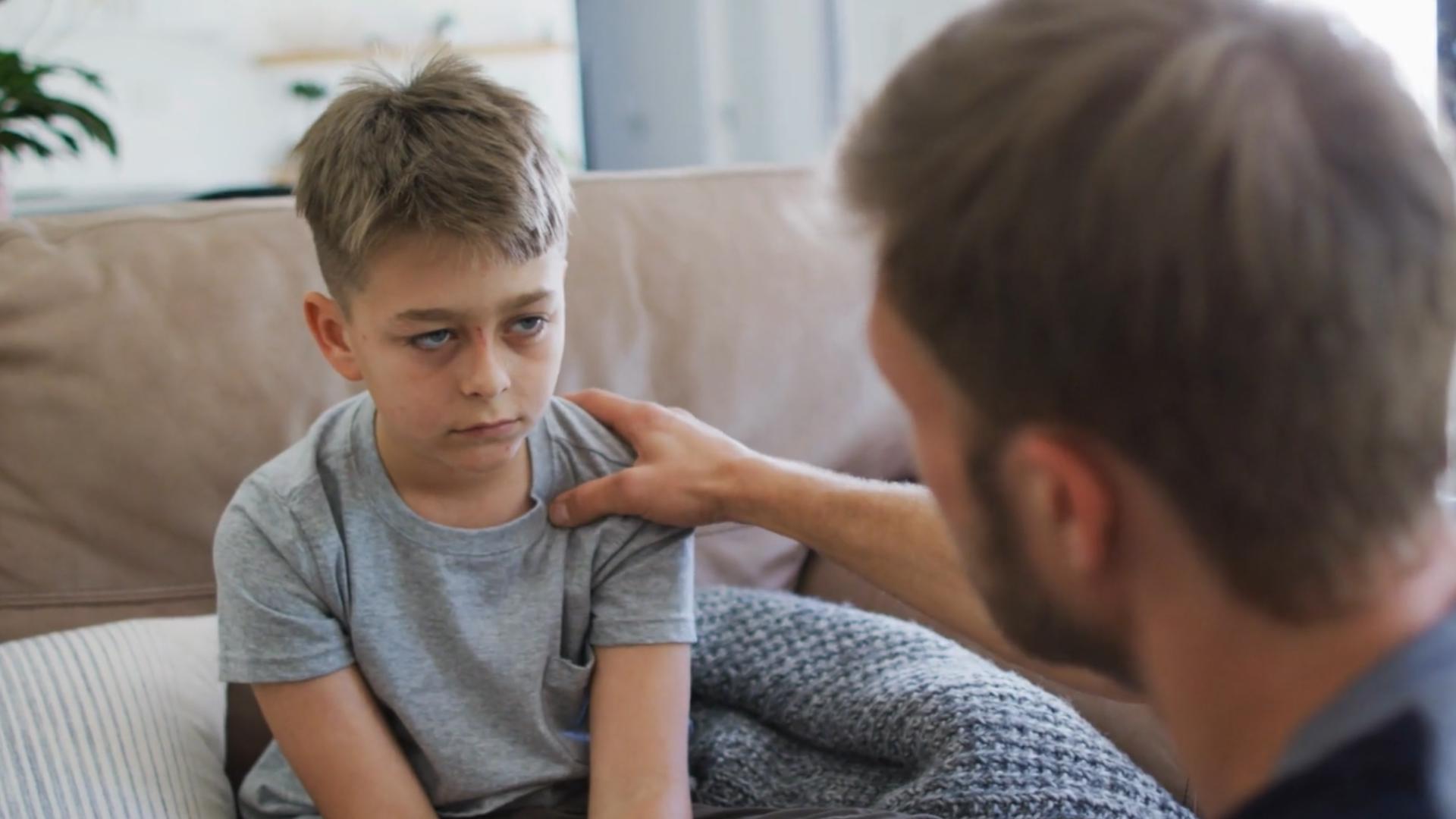SAN ANTONIO — When kids go back to school, many of them are worried about being bullied. But parents shouldn't just be worried if their child is being bullied, but also if their child is the bully themselves.
Research says there is a huge disparity between how parents see their kids when it comes to bullying behavior. Just under 14 percent of parents recognize their child is or has been a bully, but over 40 percent report their child has been bullied in the past year.
"You see aggressive behavior that goes beyond rebellion. And it's usually first towards the parents. So that's an alarm bell that goes off when, the parents start seeing this in their kids," said Dr. Vince Callahan, a professional counselor and Director of the Florida Institute for Neural Discovery.
Here are some warning signs that may indicate bullying behaviors:
- Being secretive like hiding phones or computers from others
- Have a preference towards aggressive toys or media like violent video games or TV shows with conflict
- Have an extreme desire for attention and if not met they could seek recognition or retaliation in harmful ways
- Been a previous victim of bullying or are also being bullied
"They're either going to become like the aggressor, and themselves become bullies because they're trying to not get hurt, and they're trying to not feel that kind of dynamic going on, or they will, cower down and become even more insecure and get bullied more," Dr. Callahan said.
Recognizing a liking for violence, whether on TV or reality should be a huge red flag.
"If someone is very much into the whole violence thing, and they don't have that conscience, that's the beginnings of a sociopath," Dr. Callahan added. "So you get accustomed to gory violence and you think it's okay, and you're telling your brain that it's okay, and that really begins to set up some problems for the child later."
Telehealth VocoVision says to prevent and address bullying behaviors, encourage healthy sleep, identify underlying health issues, model kindness, empathy, and respect, teach conflict resolution, and encourage open communication which increases a child's confidence.
"If I'm a child, that's a young child when I have a need, if my parents respond to that need and they talk to me and they connect with me, that sets me up for a whole life of confident behavior," said Dr. Callahan.
Dr. Callahan tells us, a lot of times parents are in denial.
"Every parent wants to think that their child is the best and the brightest, and they're going to go to Harvard and have a law degree and all that kind of cool stuff, when in reality, they, they may have a problem on their hands and not want to realize it."
VocoVision is currently hiring. You can check out their openings here.

